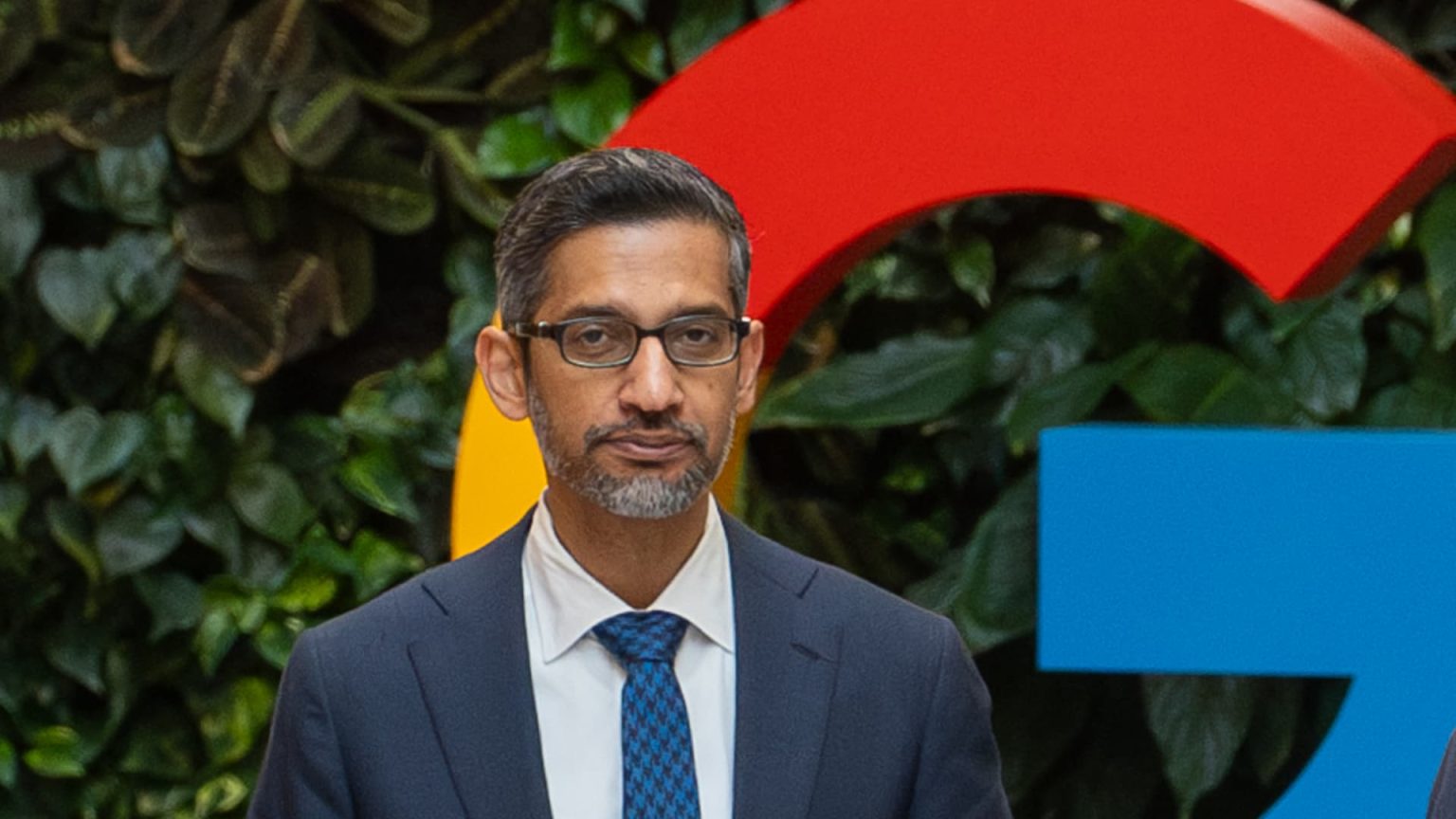Google has ramped up its efforts in the competitive field of artificial intelligence (AI) by announcing a significant agreement to acquire talent from the AI coding startup Windsurf. This move includes bringing in its co-founder and CEO, Varun Mohan, as well as other senior employees from Windsurf’s research and development team. Although Google is not making a direct investment in Windsurf, the search giant will license certain technologies from the startup, making a sweeping investment that signals the growing intensity of the AI talent wars among major tech companies.
| Article Subheadings |
|---|
| 1) Overview of the Agreement |
| 2) Significance of Hiring Windsurf’s Talent |
| 3) Background on Windsurf |
| 4) Competitive Landscape in AI Development |
| 5) Future Implications for Google and the AI Sector |
Overview of the Agreement
On Friday, Google formalized a deal to onboard Varun Mohan, the co-founder and CEO of Windsurf, along with other senior personnel from the startup. The details of the financial engagement indicate that Google will pay approximately $2.4 billion as licensing fees and compensation for the team. Google spokespersons have expressed enthusiasm about integrating Windsurf’s talent into their DeepMind division, with a specific focus on advancing capabilities in what they refer to as “agentic coding.” While Google does not plan to invest directly in Windsurf, it has managed to secure a nonexclusive license for various technologies created by the startup.
Significance of Hiring Windsurf’s Talent
The acquisition of talent from Windsurf is viewed as pivotal in the ongoing race for AI dominance among major technology players. Google’s initiative aims to strengthen its capabilities in AI-driven software and coding technologies. The spokesperson emphasized that integrating top talent from Windsurf will enhance the developer experience with Google’s Gemini, which is designed to streamline software development workflows. Such moves are not uncommon in the industry as companies compete fiercely for expertise, underscoring the increasing importance of AI coding knowledge.
Background on Windsurf
Windsurf has gained recognition for its innovative approach to coding, specifically through what is termed “vibe coding.” This method leverages advanced AI tools to assist in code generation, making it accessible for both seasoned developers and novices alike. As more users adopt vibe coding, the demand for Windsurf’s services has surged, leading to higher valuations for the startup. Previously engaged in acquisition discussions with OpenAI for a proposed $3 billion deal, Windsurf represents a significant asset in terms of talent and technological advancements in the field of artificial intelligence.
Competitive Landscape in AI Development
The current competitive landscape in AI development is robust, with notable players such as Microsoft and Meta also vying for top talent. Recently, Meta has made significant offers to employees at OpenAI, including recruiting Alexandr Wang, the founder of Scale AI, to spearhead its AI strategy. Similarly, Microsoft has initiated its own efforts by hiring talent from various firms, thus emphasizing the trend of acquiring AI expertise through strategic hires. This competitive environment has escalated the stakes for innovation and operational efficiency in the AI sector, prompting firms to rapidly adapt to emerging technologies.
Future Implications for Google and the AI Sector
The implications of Google’s agreement with Windsurf could be far-reaching. As the company incorporates talent that is adept in cutting-edge AI coding techniques, it expects to enhance its software development capabilities significantly. This advancement may translate into new products and features that could outpace competitors, influencing not only Google’s market position but also the landscape of AI development. Furthermore, the partnership allows Windsurf to continue developing its own product, ensuring that its innovations can still contribute to the broader industry.
| No. | Key Points |
|---|---|
| 1 | Google has acquired AI talent from Windsurf, including its co-founder and CEO, Varun Mohan. |
| 2 | Google will pay $2.4 billion in licensing fees and compensation for the talent and technology. |
| 3 | Windsurf is recognized for its innovative “vibe coding” technology, appealing to both developers and novices. |
| 4 | The competitive landscape in AI is intensifying, with tech giants like Microsoft and Meta also seeking top talent. |
| 5 | Future implications for Google include enhanced software development capabilities and potential new product innovations. |
Summary
In conclusion, the recent agreement between Google and Windsurf marks a pivotal moment in the AI talent landscape. By acquiring experienced professionals and technology from Windsurf, Google aims to enhance its capabilities in artificial intelligence coding. This move not only underscores Google’s commitment to remaining a leader in AI but also highlights the escalating competition among major tech companies as they strive for dominance in this rapidly evolving field.
Frequently Asked Questions
Question: What is vibe coding?
Vibe coding refers to the process of using advanced AI tools to assist in writing code, making coding more accessible to developers and non-developers alike.
Question: How much is Google investing in the Windsurf deal?
Google is expected to pay around $2.4 billion in licensing fees and compensation as part of the deal with Windsurf.
Question: Why is the AI talent war significant?
The AI talent war is significant because it reflects the escalating competition among tech companies to secure the best talent and technologies, which are crucial for innovation and maintaining a competitive edge in the rapidly evolving AI sector.


